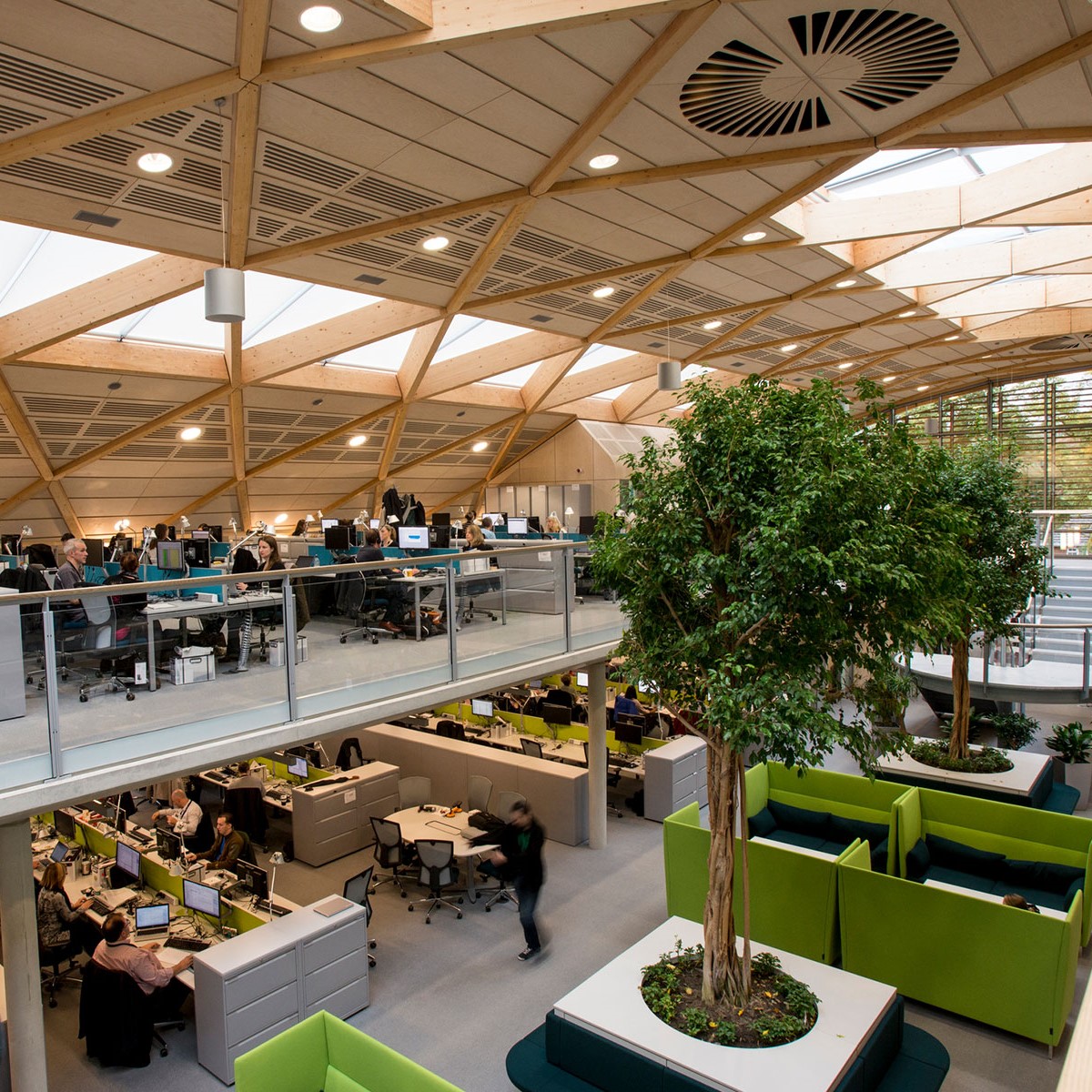To provide the best experiences, we use technologies like cookies to store and/or access device information. Consenting to these technologies will allow us to process data such as browsing behaviour or unique IDs on this site. Not consenting or withdrawing consent, may adversely affect certain features and functions.
The technical storage or access is strictly necessary for the legitimate purpose of enabling the use of a specific service explicitly requested by the subscriber or user, or for the sole purpose of carrying out the transmission of a communication over an electronic communications network.
The technical storage or access is necessary for the legitimate purpose of storing preferences that are not requested by the subscriber or user.
The technical storage or access that is used exclusively for statistical purposes.
The technical storage or access that is used exclusively for anonymous statistical purposes. Without a subpoena, voluntary compliance on the part of your Internet Service Provider, or additional records from a third party, information stored or retrieved for this purpose alone cannot usually be used to identify you.
The technical storage or access is required to create user profiles to send advertising, or to track the user on a website or across several websites for similar marketing purposes.
 The UK’s Government Property Agency has published details of how it intends to protect the natural environment and increase biodiversity across its extensive estate. The Biodiversity and Nature Recovery Annex (BNRA) forms part of the Government Workplace Design Guide. As the largest office property holder in government, the GPA believes it ‘has an opportunity to improve the environment for the benefit of everyone by playing a part in ceasing the extensive loss of biodiversity in the UK’. (more…)
The UK’s Government Property Agency has published details of how it intends to protect the natural environment and increase biodiversity across its extensive estate. The Biodiversity and Nature Recovery Annex (BNRA) forms part of the Government Workplace Design Guide. As the largest office property holder in government, the GPA believes it ‘has an opportunity to improve the environment for the benefit of everyone by playing a part in ceasing the extensive loss of biodiversity in the UK’. (more…)

































March 14, 2024
When the chairs took over the world and what it all meant
by Mark Eltringham • Comment, Facilities management, Furniture, Workplace, Workplace design